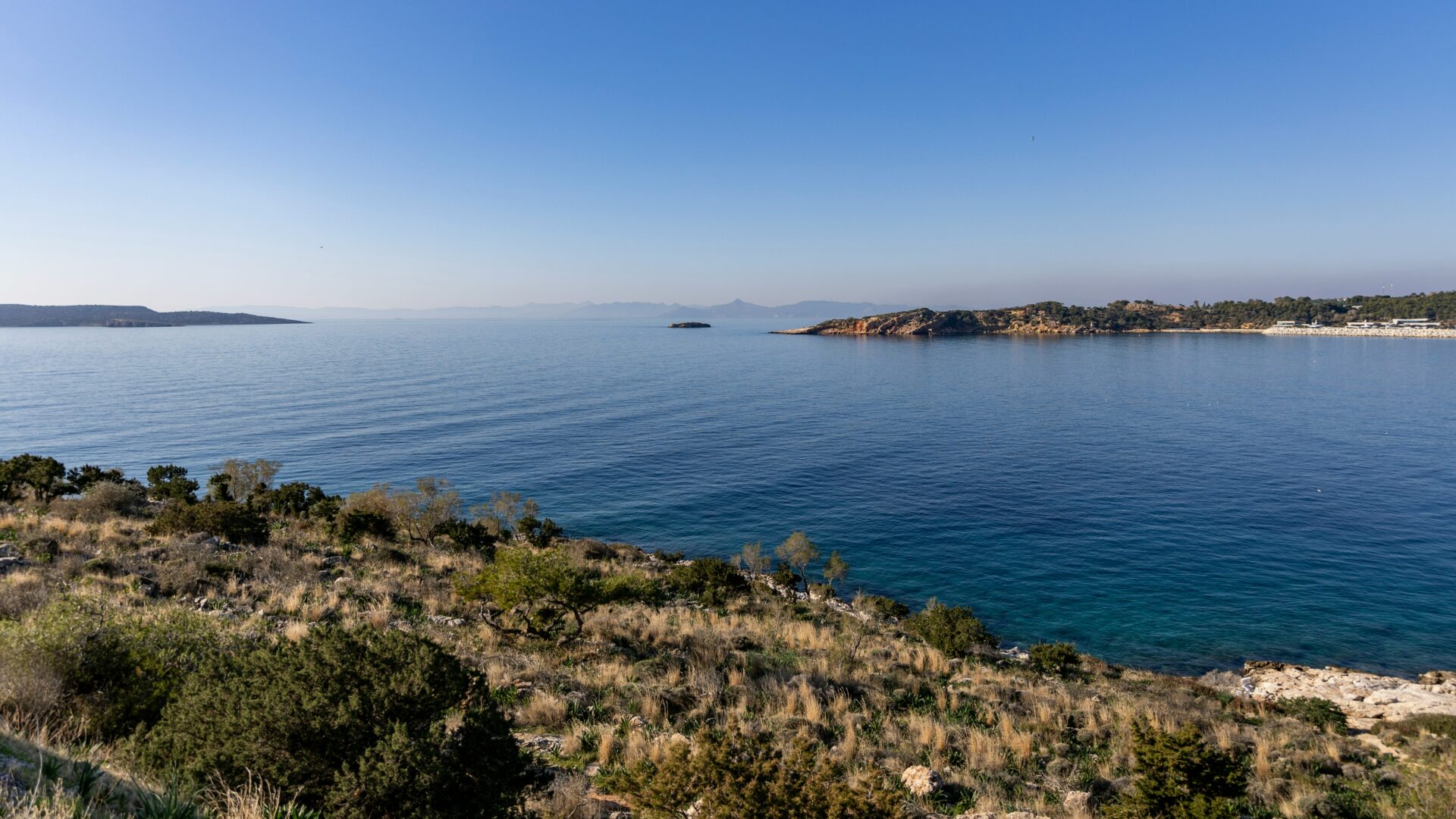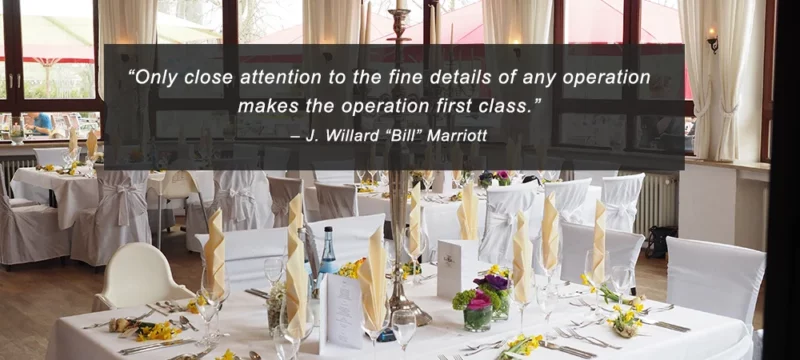- Climate change, demographic shifts, technology, and geopolitical instability are reshaping European tourism.
- ETC’s foresight study explores four plausible futures and highlights both risks and opportunities for destinations.
- The report sets out cross-cutting recommendations for tourism organisations to strengthen resilience and guide long-term decisions.
Europe’s tourism sector is entering a decisive decade, challenged by climate change, geopolitical instability, technological advancements, demographic shifts and evolving traveller expectations. These trends make long-term planning increasingly complex while raising the need for resilience and adaptive strategies. To help destinations navigate this complex landscape, the European Travel Commission (ETC) has published Future Proofing European Tourism Through Scenario Planning and Strategic Foresight, a study that looks at the forces shaping tourism and possible futures to 2035.
The study introduces strategic foresight – specifically scenario planning – as a practical method for anticipating disruption. While it does not predict the future, it allows to explore multiple plausible outcomes and design strategies that remain robust under different conditions.
Drawing on input from multidisciplinary experts and analysis by the European Tourism Futures Institute, the study outlines four exploratory scenarios for 2035 and a set of recommended strategic options for National Tourism Organisations.
Key forces shaping European tourism
The report identifies six interlinked forces that will determine how Europe’s tourism sector evolves over the next decade. Together, they capture both the certainties that destinations must adapt to and the uncertainties that could push the sector in very different directions.
- Climate change – Increasingly unpredictable and extreme weather reshapes seasonality, raises costs, and disrupts operations.
- Fear of (rapid) change – Rapid technological and socio-cultural shifts create instability and uncertainty.
- Governance and regulation at the European level – Stronger coordination at the European level is critical to addressing polycrisis challenges.
- Rise and evolution of the global middle class – An ageing European population and a growing demand from younger middle classes abroad reshape visitor flows.
- Generational demand shift – Younger travellers increasingly seek sustainable, flexible, and authentic experiences, transforming offers through hybrid travel, digitalisation, and new cultural formats.
- Labour and skills challenges – Shortages and mismatches limit the sector’s capacity to innovate and adapt.
Of these, European governance and generational demand shifts are highlighted as the main uncertainties that could lead to very different futures. In contrast, climate change and the rise of the global middle class are seen as fixed realities that will influence tourism in every scenario. Meanwhile, fear of rapid change and labour and skills challenges act as contextual forces, shaping how these uncertainties unfold and amplifying their effects.
Scenarios for Europe’s tourism landscape
Looking ahead to 2035, the study uses scenario planning to imagine how different combinations of forces might reshape Europe’s tourism landscape. The report presents four plausible futures for European tourism:
- Fragmented and Familiar – Weak EU governance and dominance of global platforms drive mass tourism but erode authenticity, with SMEs struggling to compete.
- Coordinated and Familiar – Stronger EU collaboration improves resilience and risk management, but platform dependence and mass-market habits remain.
- Collaborative Transformation – Inclusive governance, generational shifts, and alignment with climate and digital agendas foster regenerative, participatory tourism.
- Uneven Transformation – Local communities and SMEs drive innovation, but systemic disparities persist without EU-wide cohesion.
Across these futures, systemic threats such as weak SMEs capacity, insufficient climate adaptation, and platform dominance contrast with opportunities including demand from the global middle class, value-driven travel, and bottom-up innovation.
The report concludes with strategic actions that will be valuable in any future context. These include closer cross-border collaboration, stronger support for SMEs, tailored climate mitigation and adaptation, and clearer ways to show the local impact of tourism. It also proposes engaging technology platforms as partners in innovation and recommends creating a futures lab to help NTOs track early signs of change and adjust their strategies over time.
Tourism in Europe is undergoing deep transformation, driven by climate change, shifting demographics and new patterns of demand. For National Tourism Organisations, it is no longer enough to plan only for the short term, they must be prepared for very different possible futures. This study provides them with the foresight tools to do so. By encouraging EU collaboration, strengthening resilience, and pointing to actions that remain relevant across scenarios, the report helps NTOs make decisions today that will keep European tourism strong and adaptive in the years ahead.ETC President Miguel Sanz
The report is designed as a practical guide for NTOs and destination managers, offering tools to navigate uncertainty and seize opportunities for more sustainable and resilient tourism development.
The full report can be downloaded here.
About European Travel Commission
Established in 1948, the European Travel Commission is a unique association in the travel sector, representing the National Tourism Organisations of the countries of Europe. Its mission is to strengthen the sustainable development of Europe as a tourist destination. In the last several decades, ETC has positioned itself at the forefront of the European tourism scene, establishing its expertise and building up partnerships in areas of tourism, based on promotion, market intelligence and best practice sharing.









